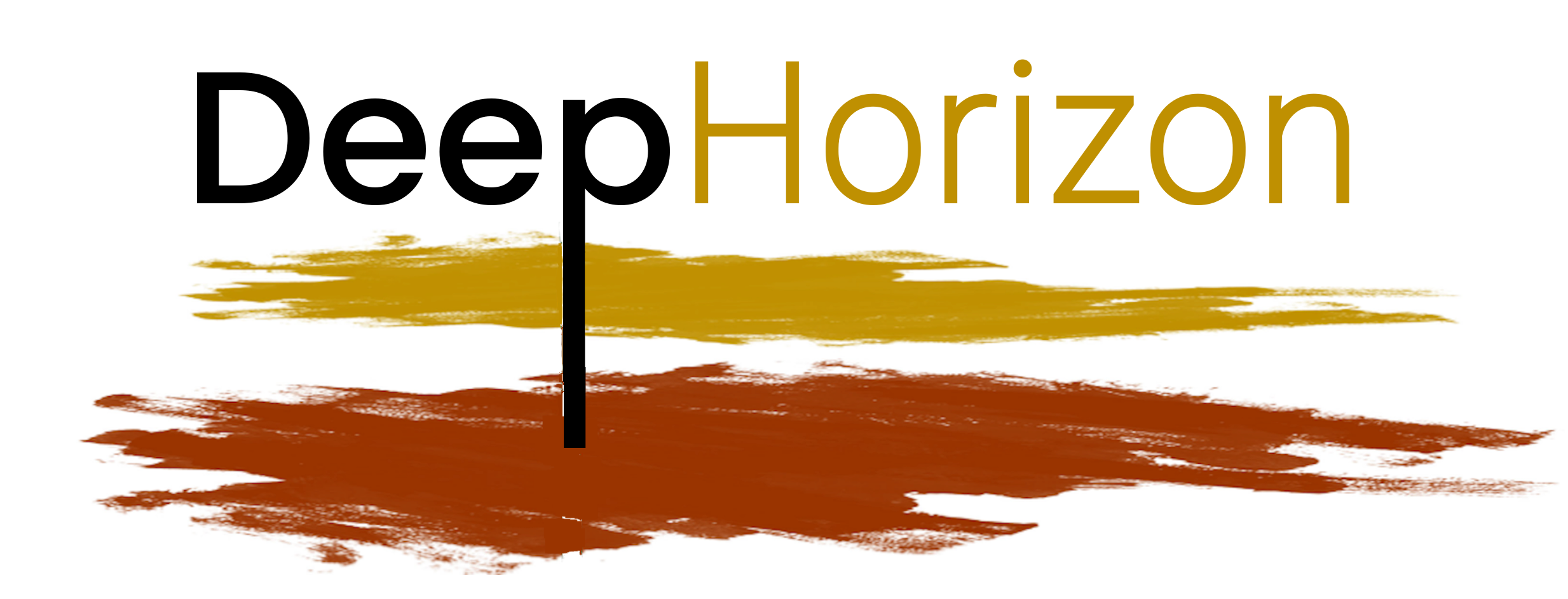Welcome to our Work Package overview page, where we break down the DeepHorizon project into seven focused areas. Each work package addresses a key aspect of soil health and sustainability, from mapping subsoil health across Europe to creating easy-to-use policy tools and fostering public awareness. Here, you’ll find a simple, clear explanation of the specific goals and actions taken in each work package, helping you understand the vital work being done to protect and sustain our soils for future generations.
Vocabulary
A work package is a key part of a larger project, focused on reaching a specific goal. It’s like a building block within the project, with its own set of tasks, timeline, and team. Each work package tackles one part of the project’s big picture, and when they’re all done, they fit together to achieve the project’s main goals.
Objective
Ensure effective project coordination and smooth operation.
Overview
This foundational work package manages the project’s overall progress, providing coordination and communication among all partners and team members. It handles administrative tasks, project milestones, and ensures that every part of the project stays on track. WP1’s strategic management supports each team member and aligns the work across Europe.
Methodology
WP1 implements continuous oversight and clear communication across teams, coordinating tasks, timelines, and resources. Through regular meetings and shared tools, this work package maintains a steady and organised flow of project progress.
Objective
Create a detailed, accessible geodatabase of subsoil data for Europe
Overview
WP2 focuses on gathering and organising information about subsoil characteristics, such as soil structure, water content, and microbial life. This data is collected from a variety of regions across Europe and made available in an open-access database. This geodatabase aims to provide vital insights for scientists, land managers, and policymakers to make informed decisions that support healthy, sustainable soil management.
Methodology
WP2 gathers data on soil properties from various regions, creating an open-access database. This geodatabase helps scientists, land managers, and policymakers access crucial information, supporting decisions based on solid data.
Objective
Develop methods for analysing subsoil to understand key functions and properties
Overview
WP3 aims to identify essential indicators of subsoil health and develop reliable methods for assessing these indicators. By using advanced analytical techniques, this work package evaluates how subsoils contribute to water retention, nutrient cycling, and carbon storage. This knowledge helps identify areas where soil functions are strong or weak, guiding improvements in land management practices.
Methodology
Using advanced techniques like spectroscopy and microbial analysis, WP3 measures subsoil characteristics such as water retention and carbon levels, enhancing understanding of essential soil processes and their ecological impact.
Objective
Use modelling to predict the impact of subsoil properties on soil and ecosystem health.
Overview
WP4 is focused on developing simulation models, such as BODIUM and ECOSYS, which illustrate how subsoil affects overall soil functions. These models allow researchers to test different scenarios, predicting how land management practices might influence soil health and ecosystem stability. By understanding these impacts, stakeholders can make more informed choices to improve soil resilience.
Methodology
WP4 develops models like BODIUM and ECOSYS, enabling researchers to test how different land management strategies affect soil functions, water cycles, and carbon storage, providing insights for sustainable land management.
Objective
Implement and evaluate land management practices that benefit subsoil health.
Overview
In WP5, researchers and land managers work together to test various sustainable land management practices in the field. By applying these practices to real-world environments, this package evaluates which techniques best support subsoil functions like water regulation and biodiversity. The results will serve as a practical guide for other land managers aiming to adopt sustainable, soil-friendly practices.
Methodology
WP5 works directly with land managers to apply sustainable practices in the field. Results are monitored to identify the techniques that most effectively improve subsoil health, helping guide best practices for broader adoption.
Objective
Create tools and policies that support effective subsoil management.
Overview
WP6 is dedicated to translating scientific insights into actionable policies. A key component is the development of a “Smart App” for policymakers, which provides clear data on the costs and benefits of different land management practices. This app and related policy tools make complex data easy to understand, helping policymakers create sustainable guidelines that balance economic and environmental needs.
Methodology
WP6 transforms research into practical tools, such as a Smart App for policymakers, to evaluate environmental and economic impacts of practices, making complex data usable for effective, balanced policy development.
Objective
Share project findings widely and engage the public on the importance of soil health.
Overview
WP7 focuses on spreading awareness and ensuring that DeepHorizon’s research reaches diverse audiences. Through public outreach, educational materials, and social media, this package highlights why subsoil health matters. It also ensures that the tools and data developed are easily accessible, promoting the adoption of sustainable practices and supporting a well-informed, engaged community around soil sustainability.
Methodology
WP7 utilises outreach strategies, educational content, and media engagement to promote awareness of subsoil importance, encouraging a supportive public perspective on soil health and environmental sustainability.


